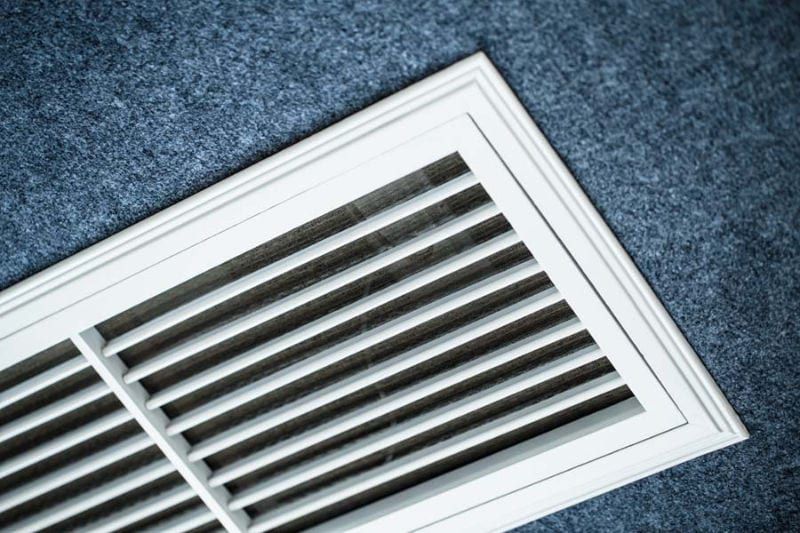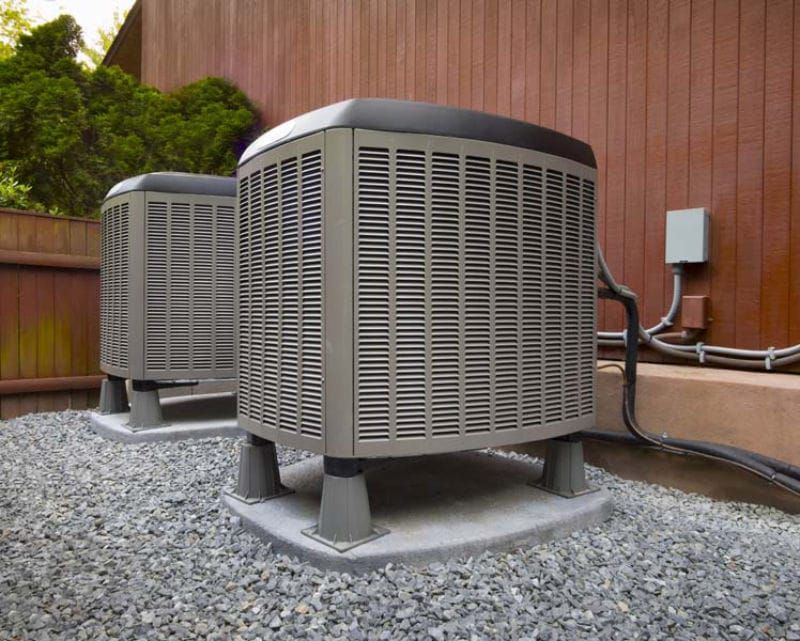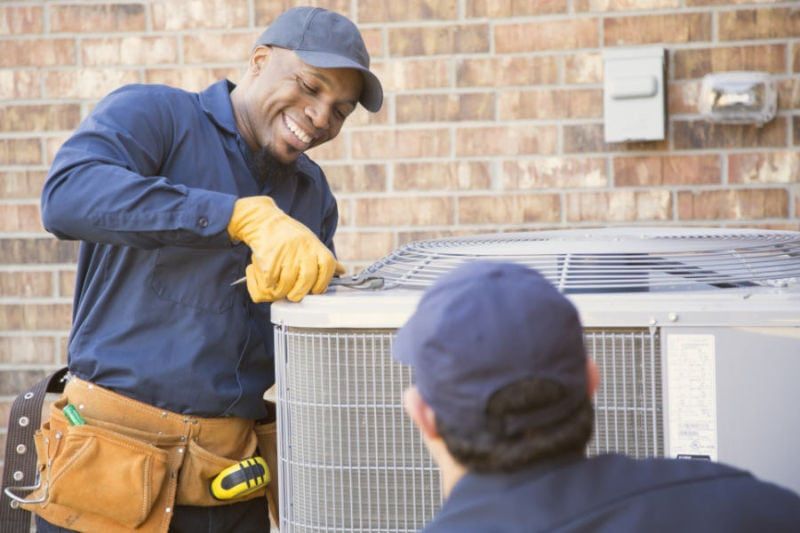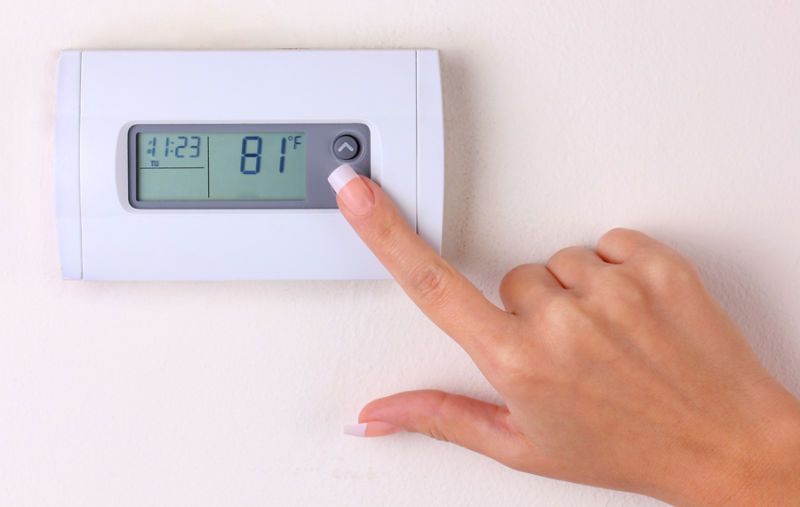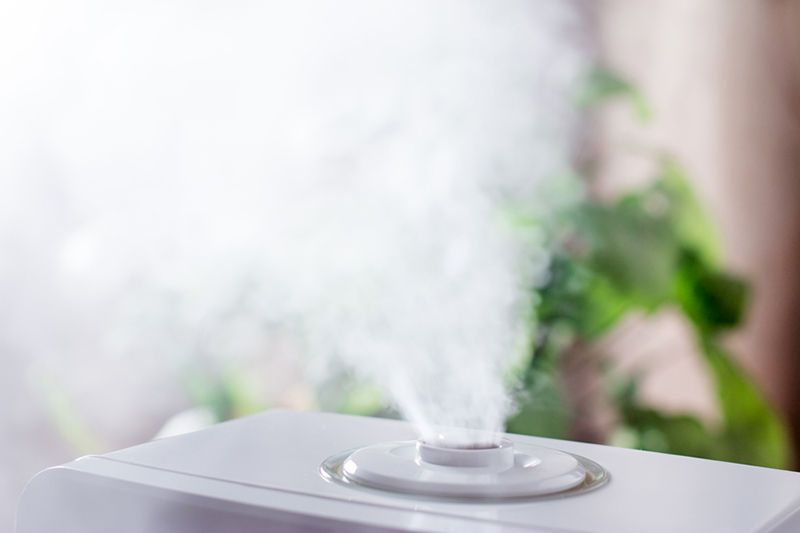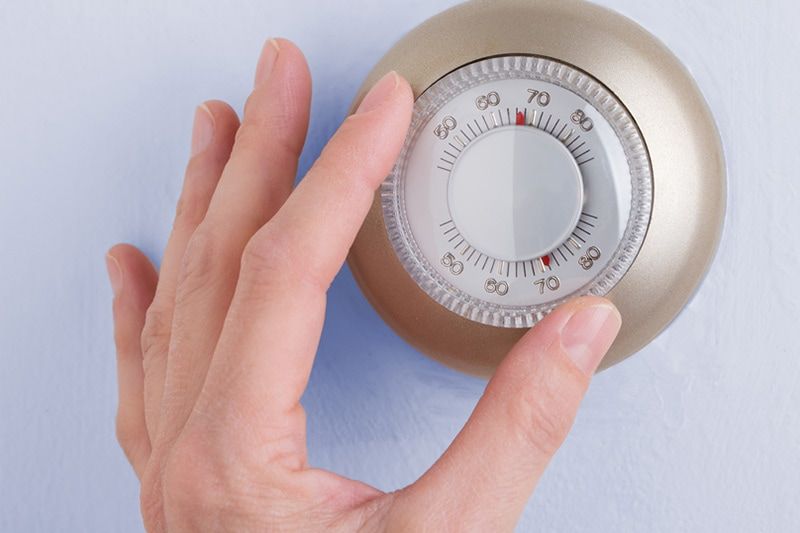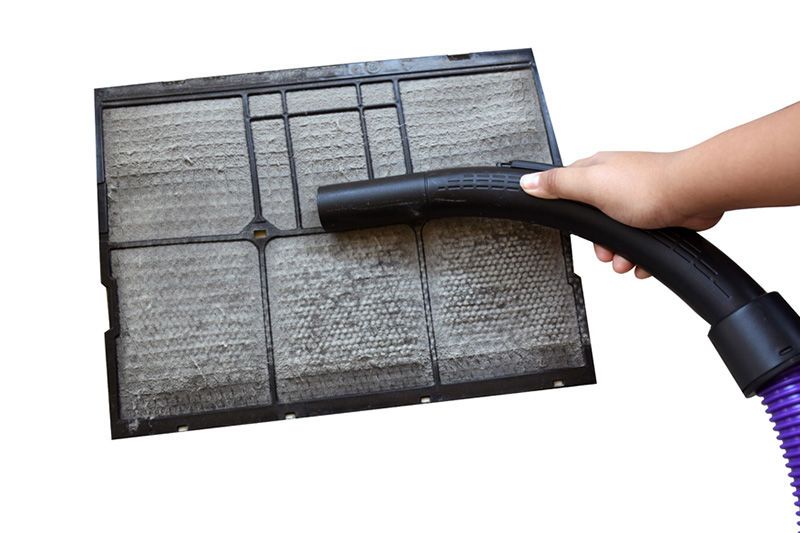Be an Informed Consumer by Learning AC Lingo
The air conditioning system in your Marana home is one of your biggest investments and home assets. In order to take care of it properly, as well as to communicate effectively with air conditioning (AC) professionals when needed, it’s good to understand some common air conditioning terminology.
Our professionals at ACS Air Conditioning Services have put together the following air conditioning glossary to give you a crash course in important definitions.
Air Handler. The air handler is part of the air conditioning system inside your Arizona home. It moves both heated and cooled air throughout your air-duct system to deliver comfortable temperatures throughout.
British Thermal Unit (BTU). A BTU represents the amount of energy required to raise 1 pound of water 1 degree Fahrenheit. Merriam-Webster Dictionary describes BTUs in relation to air conditioners as a rating to mean BTUs of cooling capacity per hour.
Carbon Monoxide. This odorless, colorless, tasteless, poisonous, and flammable gas is produced when carbon burns with insufficient air. It can be deadly to breathe.
Central Air Conditioning System. This air conditioning system operates by removing heat from the home in one central location and then distributing the resulting cooler air throughout the home via an air-duct system using a series of fans and blowers.
Compressor. The compressor typically sits outside of your home and pumps coolant or refrigerant at the appropriate pressure to remove your indoor heat.
Condenser Coil. The condenser coil is also typically part of the outdoor portion of your air conditioning system and works to release heat pulled from your indoor air to the outside.
ENERGY STAR®. The ENERGY STAR program is run by the US Environmental Protection Agency (EPA). It works to reduce the nation’s energy consumption by informing consumers of specific ratings for different appliances and home systems including air conditioning. ENERGY STAR air conditioning equipment can be up to 7 percent more efficient than minimum-standard equipment.
Evaporator Coil. Working with the air handler inside the home, the evaporator coil absorbs heat from the inside of your home.
Heat Exchanger. The heat exchanger is the evaporator and the condenser. When the refrigerant enters the heat exchanger, it absorbs or releases the heat. In this way, heat is moved from the inside of the home to outside.
Humidistat. Similar to a thermostat, a humidstat helps maintain a home’s humidity at a constant level.
Heating, Ventilation, and Air Conditioning (HVAC). This umbrella term refers to a wide range of residential or commercial systems that can include furnaces, air purifiers, humidifiers, and air conditioning units.
MERV Rating. The Minimum Efficiency Reporting Value (MERV) rates the overall effectiveness of air filters. Higher MERV ratings means finer filtration. If you or your family is suffering from allergies or asthma, you may want to use filters with a high MERV rating.
NATE Certification. The North American Technician Excellence (NATE) program certifies residential heating and cooling technicians. Be sure your HVAC professionals are NATE certified to ensure you are receiving quality services.
SEER Rating. The Seasonal Energy Efficiency Ratio (SEER) rating measures the efficiency of an air conditioning system during an entire cooling season. It’s calculated by taking the cooling output during a typical cooling season and dividing it by the total electric energy input during the same period. Higher SEER ratings mean a more efficient air conditioning unit. In the United States, the SEER rating is the ratio of cooling BTUs to the energy consumed measured in watt-hours.
Zoning System. A zoning system, also called a zone control system, divides a home or building into independent sections that can be cooled separately. Each zone has its own thermostat and can specify the desired temperature for only that zone.
Contact ACS Air Conditioning Services for Your Air Conditioning Needs
Whether you’re looking to invest in a new air conditioning system or want repair or maintenance services on a current one, give ACS Air Conditioning Services in Marana, AZ, a call. Our trained professionals are well versed in all makes and models and would be happy to help. Call 520-230-5668 or request service online today.
